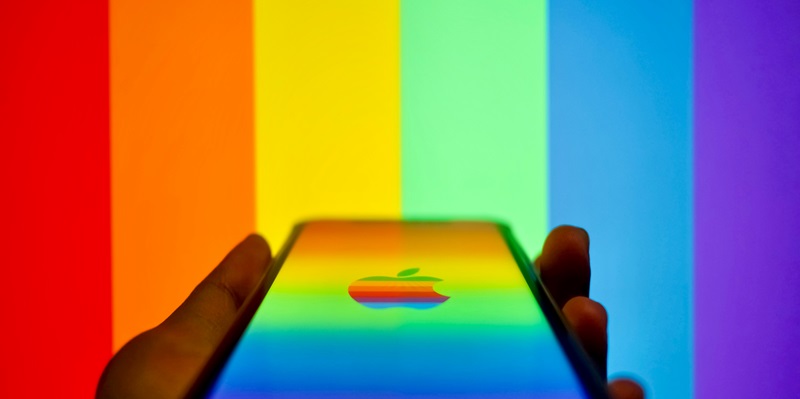Apple consistently remains at the forefront of smartphone innovation, with the iPhone 16 series marking their latest stride, particularly in the artificial intelligence sphere. This series showcases Apple’s dedication to pioneering futuristic tech advancements while maintaining user-friendliness. The integration of AI in the iPhone 16 is a testament to Apple’s vision to seamlessly blend cutting-edge technology into everyday consumer use. However, there are challenges ahead. Apple must navigate competitive pressures and negotiate the intricacies of user privacy. Despite these hurdles, Apple’s iPhone 16 is on course to redefine smartphone AI, signaling a potential revolutionary shift in the industry. The company’s commitment to innovation positions the iPhone 16 as a potential game-changer, equipped with AI capabilities that could transform how we interact with our devices while upholding Apple’s reputation for delivering sophisticated, consumer-centric products.
The AI Ecosystem in the iPhone 16 Series
Apple’s forthcoming iPhone 16 series is tipped to embody the next big step in AI for smartphones. High expectations rest on the anticipated chipset—in all likelihood, the A17—especially within the Pro models. This powerhouse is expected to enable greater on-device processing, handling complex AI tasks with speed and efficiency that eclipse previous generations. Apple’s focus remains steadfast on enhancing user privacy. By minimizing cloud dependency, sensitive data can be processed directly on the smartphone, a substantial nod to user security in an era where data breaches are increasingly common.
The AI functionality in the upcoming iPhones isn’t just for show; it serves a practical purpose. Features like an advanced virtual assistant, smarter photo organization, and real-time language translation are all poised for progress. Apple’s incremental and discreet implementation strategy ensures users gain significant benefits from AI without disruptive overhauls to their daily smartphone use. This focus on functional intelligence further demarcates the iPhone 16’s place in a market where competitors often highlight their AI capabilities with louder fanfare.
Balancing Innovation with Consumer Realities
Apple’s iPhone 16 series showcases their dedication to blending cutting-edge AI with smart technology while balancing innovation, user privacy, and complexity. The AI capabilities, not just in premium models but also in more accessible ones, democratize advanced features across the range. This step signifies a comprehensive effort to enrich the user experience.
Despite the promise of AI integration, concerns such as privacy and the potential for devices to become quickly outdated arise. As smartphones increasingly rely on AI, implications for data security and the frequency of updates may impact longevity. Apple’s track record suggests an awareness of these issues, aiming for a strategy that underscores privacy and sustainability. As the company progresses, the true measure will be how these intentions resonate with user expectations. Apple remains at the forefront in heralding a future where AI is an intrinsic element of the smartphone landscape.

